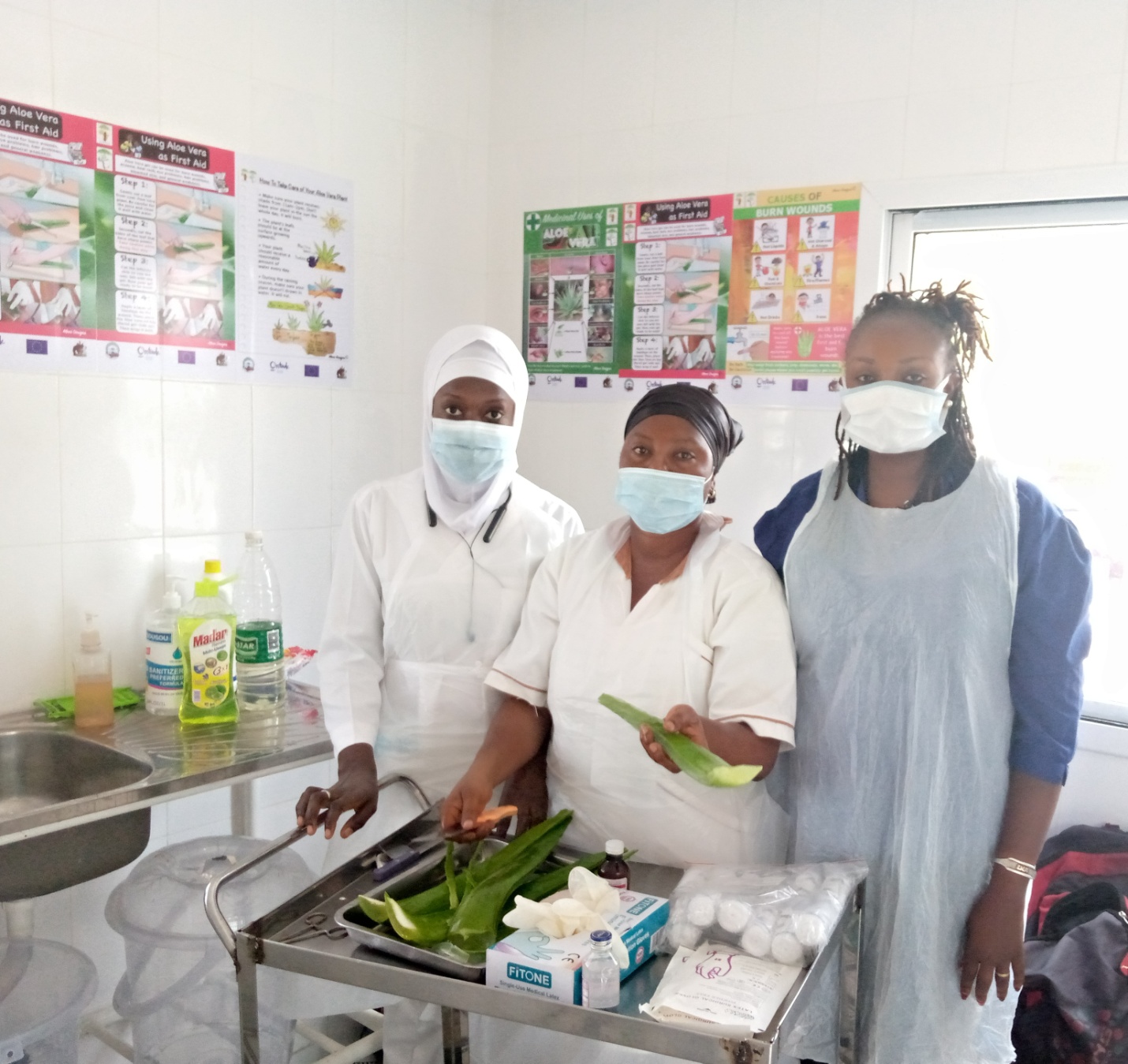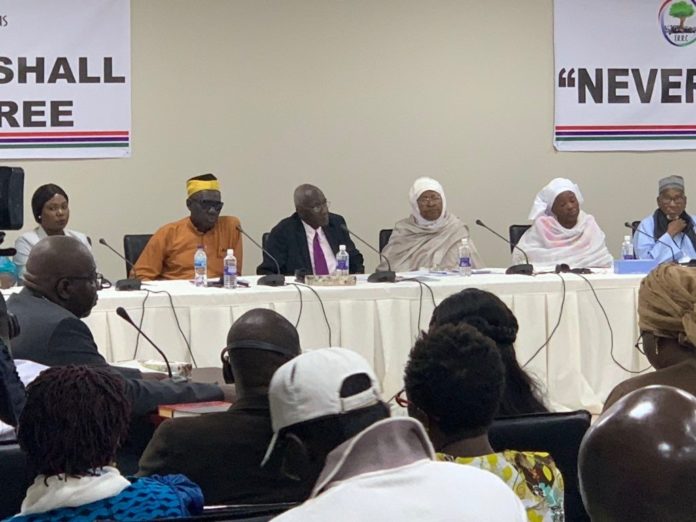By Yunus S Saliu
The City Link Ostend-Banjul Burn Wounds treatment research program is progressing as research going smoothly without any hindrance.
Burn Wounds Treatment Centre is a project research facility built inside Edwards Francis Small Teaching Hospital by the City Link Ostend-Banjul Project funded by the European Union.
The centre is meant for a research on using fresh aloe vera for the treatment of burn wounds particularly children age 0-15 years that suffer burn.
Dilating on this research which kicked-off in March 2022 targeting research sample size of 52 patients before November, Phebian Ina Grant-Sagnia, Health Component Consultant research for the City Link Ostend-Banjul Project said the research is for a period of one year which has brought together other researchers.
As it is not just a one man thing, she said “it is an inclusive of three institutions – Edwards Francis Small Teaching Hospital (EFSTH), the University of The Gambia (UTG) and also the Gambia Red Cross Society of Banjul.”
The research, she explained, started with training on how to use the aloe vera which is a new thing and new clinical trial in the hospital and “initially we just want to use aloe vera as case study but after the submission of our research proposal with the EFSTH and UTG it becomes a comparative study because the old method of treating burn wounds cannot be abandoned.”
Madam Grant-Sagnia went on that the research treatment is a new initiative research project to test the effectiveness of fresh aloe vera leaves and the old method of – SSD to see which is faster and more effective.
She disclosed that among burn wound patients admitted at the center one has been discharged after a successful treatment with fresh aloe vera.
As the research treatment continued at the City Link Ostend-Banjul Burn Wounds Centre in EFSTH, she said “everything is available, thus, the City Link Ostend-Banjul Burn Wounds research treatment is funded by the European Union (EU) and supports all patients.”
Among causes of burn as she outlined included but not limited to hot liquids, hot charcoal and attaya; fire/flames; fuel and chemicals; hot drinks and iron.
Awa Nyabally, a nurse and part of the research team noted that presently patients at the centre are four and all improving from the burn wounds they sustained, saying they are proud and happy about the improvement patients are getting from the aloe vera treatment.
She hailed the team of the researchers for their intelligent, kindness towards the patients.
Saikou Sissoho, also a nurse from the Gambia Red Cross under the Banjul Red Cross Society also part of the research study team commented on the improvement saying “aloe vera has great impact on them (admitted patients). It is very good and fast in healing because we have five patients here that we are treating with aloe vera one of them already discharged within two to three weeks of treatment. So the aloe vera treatment is a very good thing.”
Jainaba Kinteh, a registered nurse also part of the research study team said the training has exposed them to aloe vera treatment which has shown them how to prepare the aloe vera, the recovery rate and how to administer it. “So now we are doing a comparative study to compare the aloe vera with the SSD treatment to see which one is going to help healing faster.”
However, she affirmed that the wound is healing fast and no difficult experience so far in the study, “it is really helping in healing the wounds and causes no irritation.”





